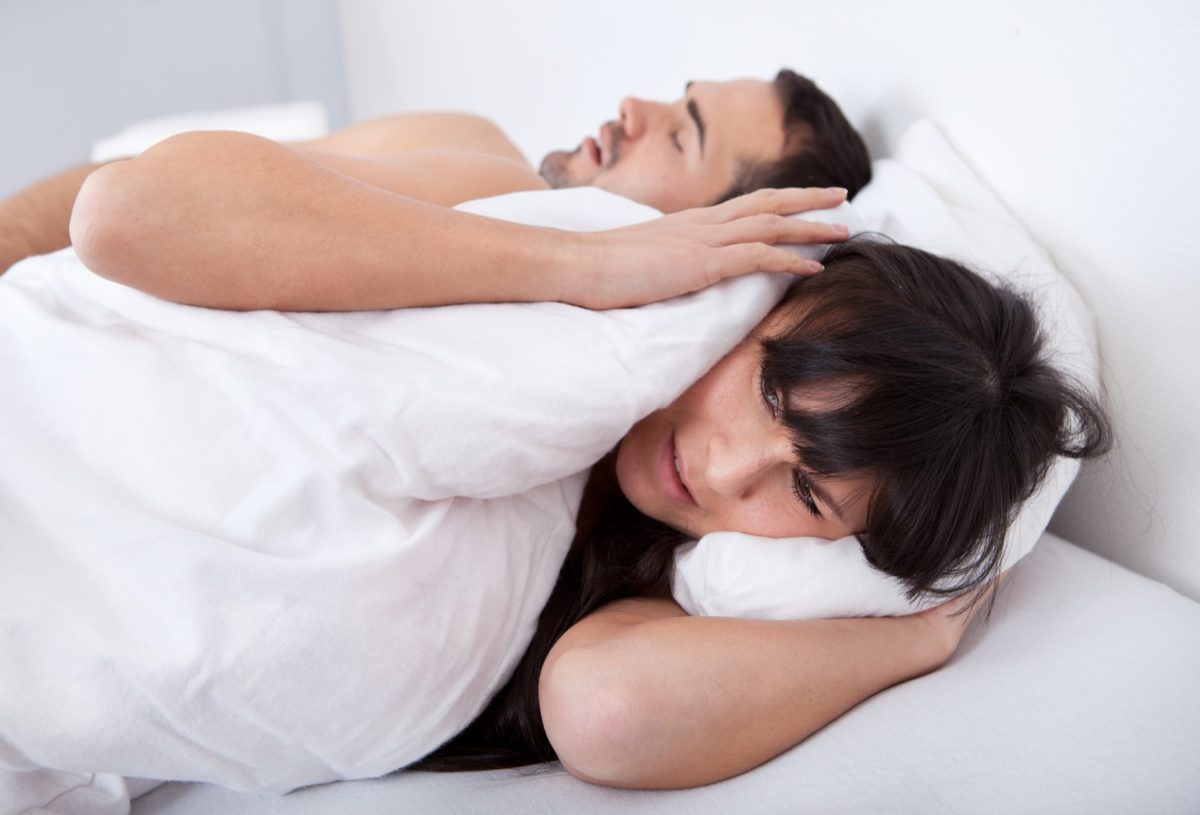Dentists are concerned with more than just your teeth. An example of a medical condition related to your mouth that your dentist can help you with is sleep apnea. “Sleep apnea” is a phrase often used to refer to sleeping and breathing issues without precision. Here are 10 myths and facts you should know about sleep apnea in Davie.
Myth #1: It’s just snoring
There is a potential relationship between snoring and sleep apnea. Snoring is often a symptom of sleep apnea, but snoring is not sleep apnea. Sleep apnea is a disorder that causes you to stop breathing throughout the night — as many as 400 times overnight for as long as 10 to 30 second each time. The “snoring” sometimes happens in the form of a “snort” when you gasp and begin breathing again — often completely unbeknownst to you.
Myth #2: It’s no big deal
Stopping breathing as you sleep is potentially very serious. Even if you don’t wake up completely, all those breathing interruptions affect the quality of your sleep and can contribute to fatigue (and related injuries and accidents) and even to heart attacks and the risk of strokes.
Myth #3: Sleep apnea is only a concern for seniors
Estimates indicate that over 18,000,000 Americans suffer from sleep apnea. Sleep apnea is most common in people 40 years of age and older but affects people of any age. Sleep apnea in Davie tends to run in families, and is more common in people who are overweight, male, Latino, and African-American.
Myth #4: Alcohol can help
While it’s true that drinking alcohol can make you drowsy, it won’t affect the quality of your sleep if you have sleep apnea. In fact, drinking alcohol and taking sleeping pills tend to relax the muscles in the back of your throat. In their relaxed state, there’s an increased risk that your airway will be blocked.
Myth #5: Obstructive sleep apnea doesn’t affect children
Up to one in 10 children are affected by obstructive sleep apnea. Thankfully, most children experience only mild symptoms and outgrow the condition on their own. Because obstructive sleep apnea can be so dangerous though, you should consult with sleep apnea doctors near you if your child shows any sign of the condition.
Fact #1: Your airway becomes blocked
Obstructive sleep apnea is the most common form of sleep apnea. It occurs when your airway is physically blocked by your tongues, tonsils, or other tissues. The blockage physically prevents the flow of air as you breathe.
Fact #2: Weight loss and quitting smoking can help
Even small amounts of weight loss can help resolve some symptoms of sleep apnea. So, too, can stopping smoking. If you are overweight and/or smoke and have symptoms of sleep apnea, ask the staff at a dental clinic in Davie for recommendations about how to lose weight and quit smoking.
Fact #3: Sleeping on your side can help
Lying on your back is the most problematic way of sleeping if you suffer from obstructive sleep apnea. The effects of gravity will pull against your throat tissues and even your tongue to increase the risk of airway blockage. To reduce the risks of blocking your away, try sleeping on your side. There are pillows designed to help keep you on your side if you need help to sustain that position.
Fact #4: Wearing a mouthpiece can help
A dental clinic in Davie can help you to avoid the serious consequences of sleep apnea by providing you with a customized mouthpiece. The mouthpiece or mouthguard will place your lower jaw and tongue in the right position to prevent your airway from closing as you sleep.
Fact #5: CPAP machines can help
“CPAP” stands for continuous positive airway pressure. A CPAP machine sends a steady flow of air into your nose and through your airway. The machine is adjustable to create the pressure necessary to keep your airway open so you can breathe continuously. CPAP machines provide effective treatment for adults with moderate obstructive sleep apnea, or worse.
Next time you are at your dentist, let them know if you have experienced any symptoms of sleep apnea. Your dentist will make recommendations to ease your symptoms, including a mouthguard. If appropriate, they can make recommendations to sleep apnea doctors near you who can help.



